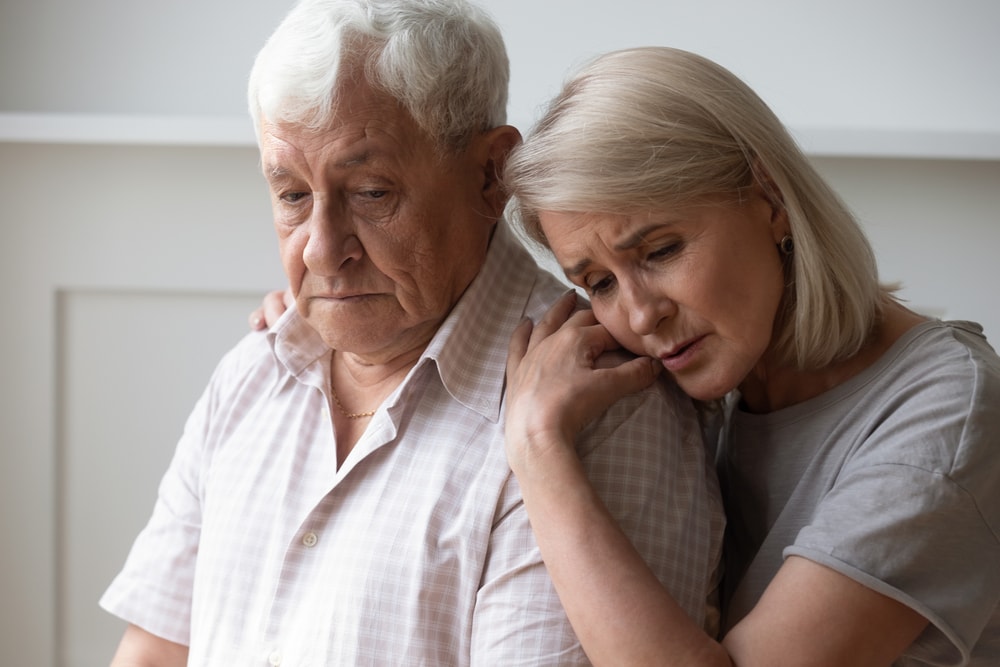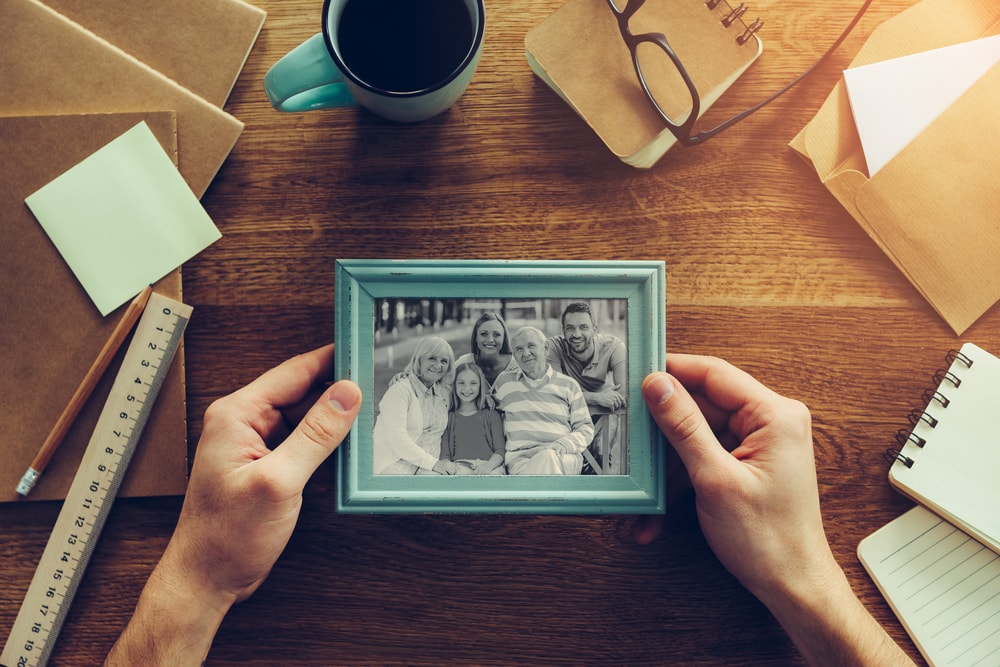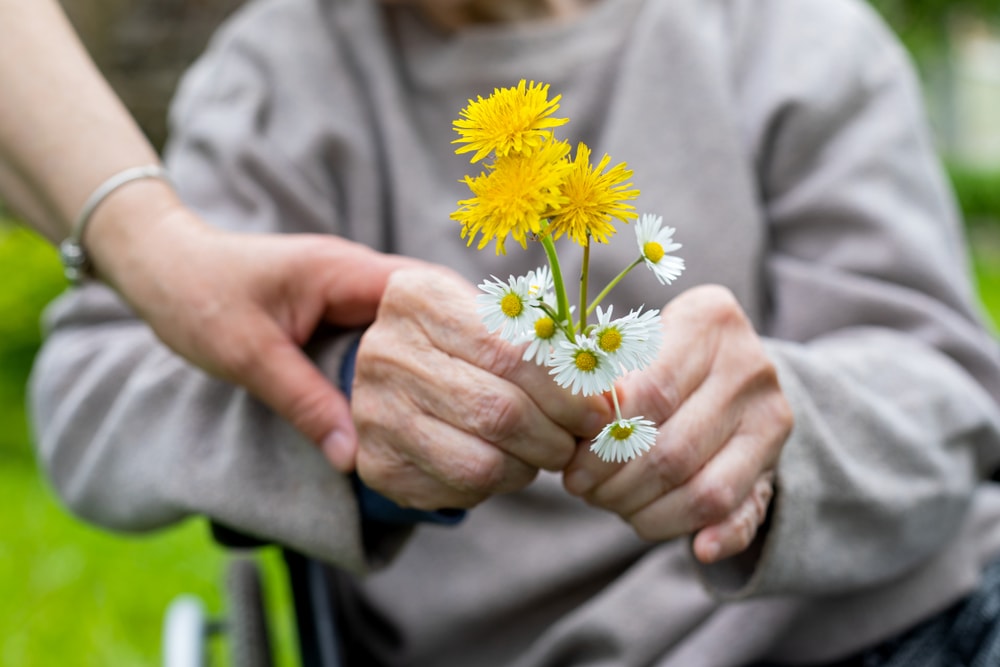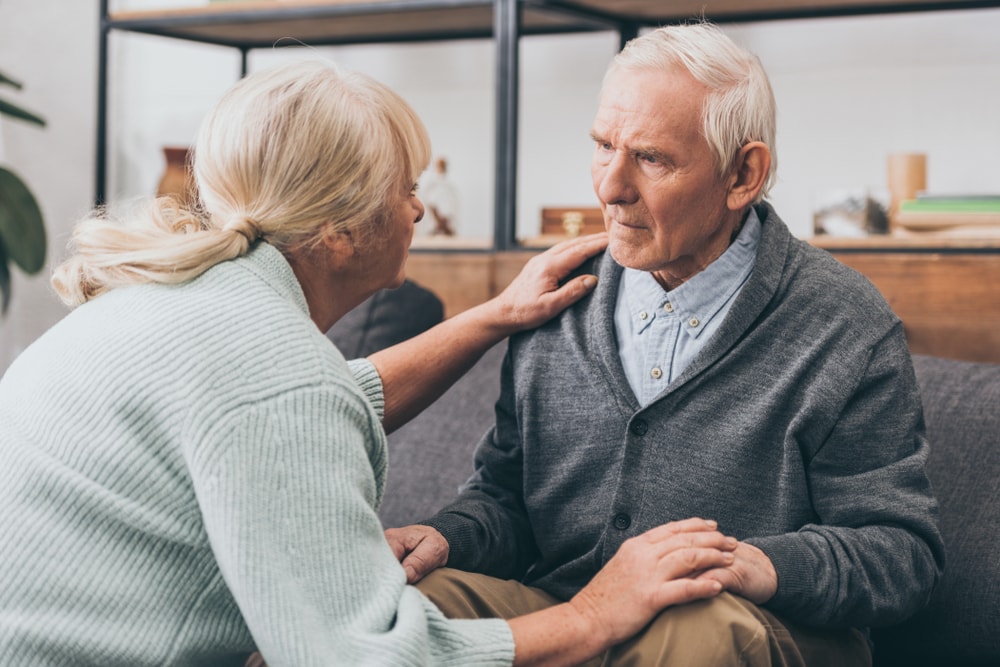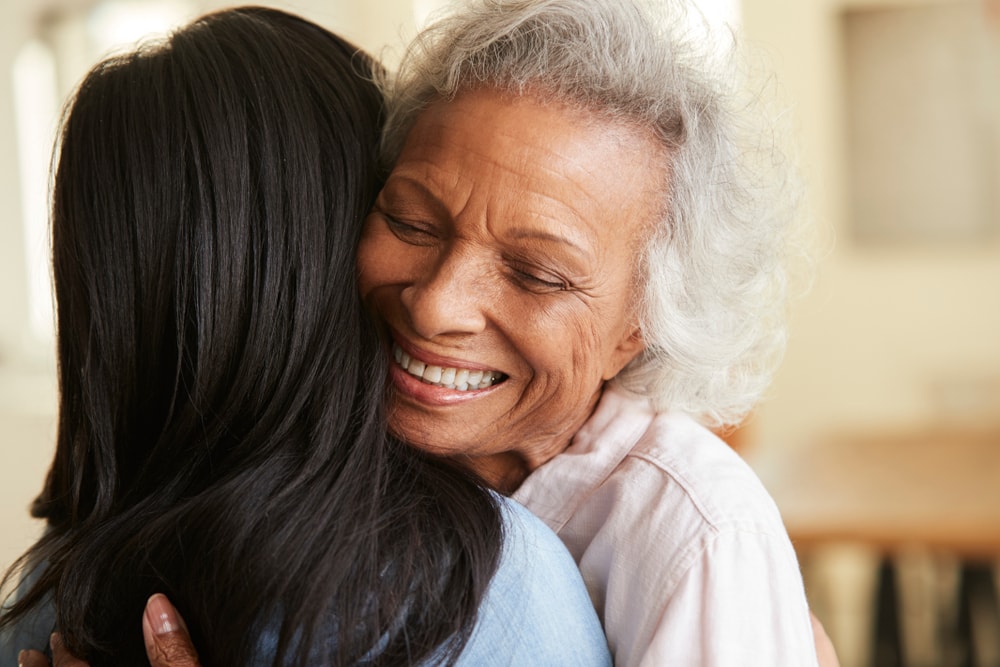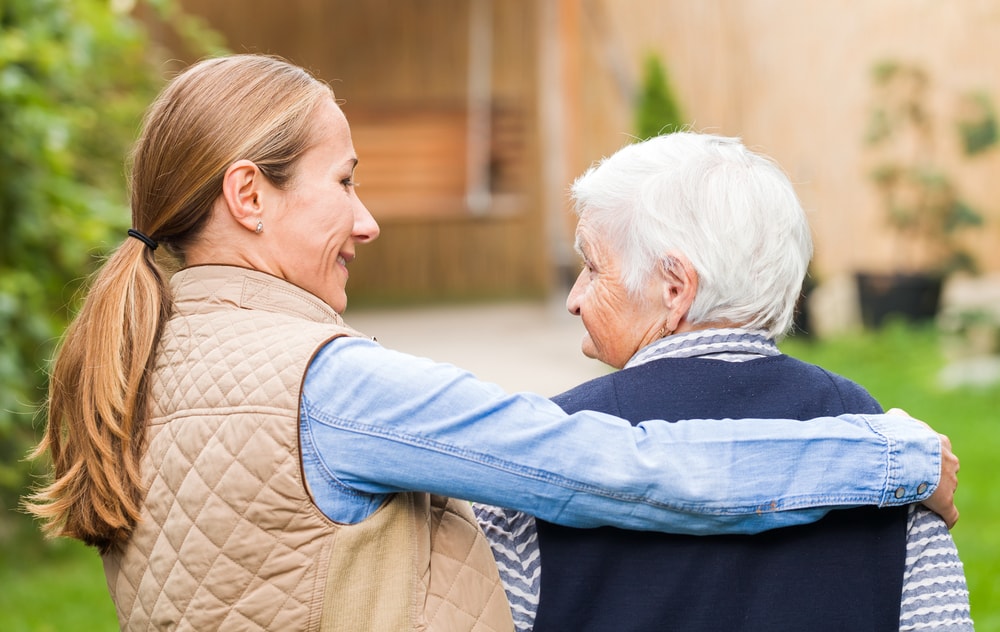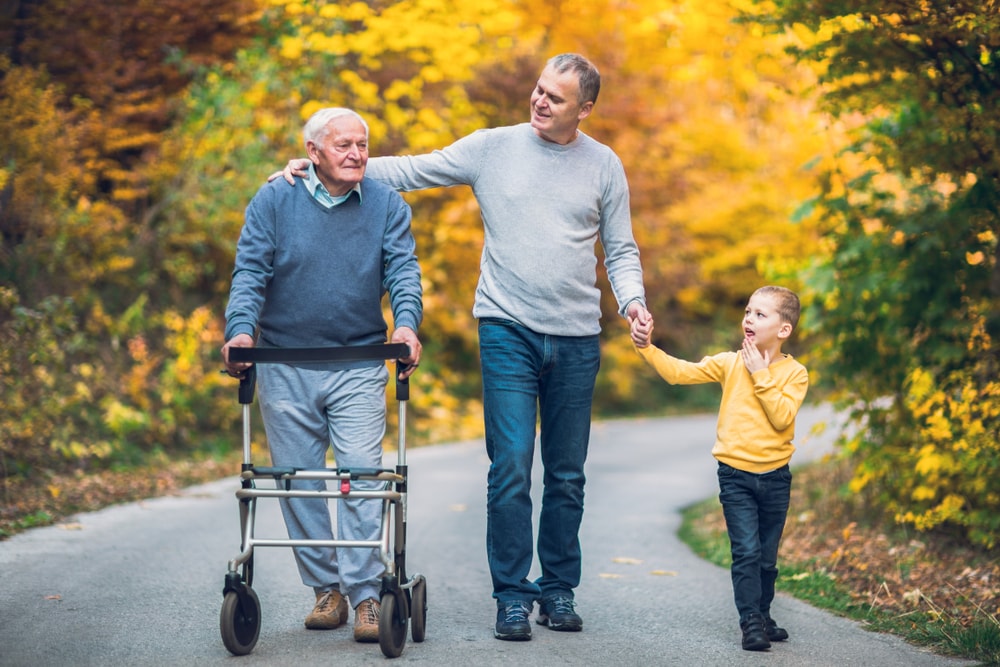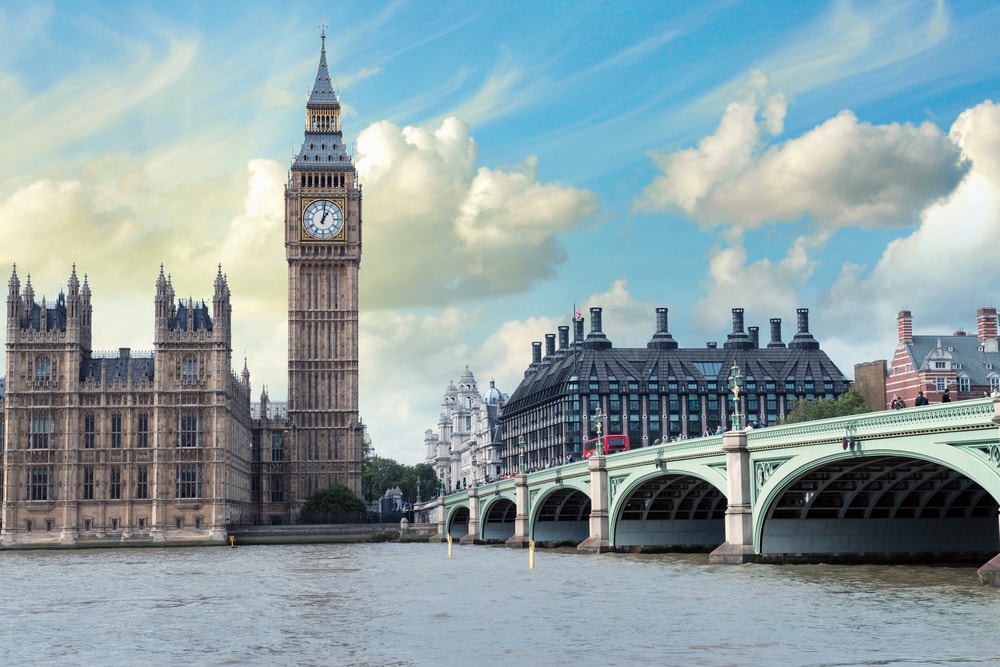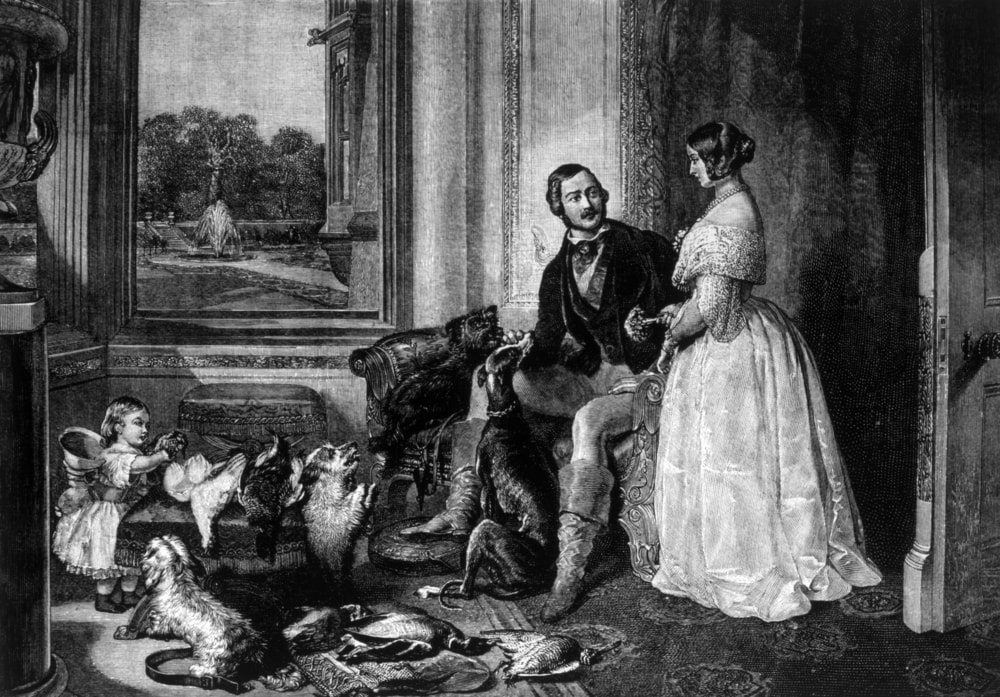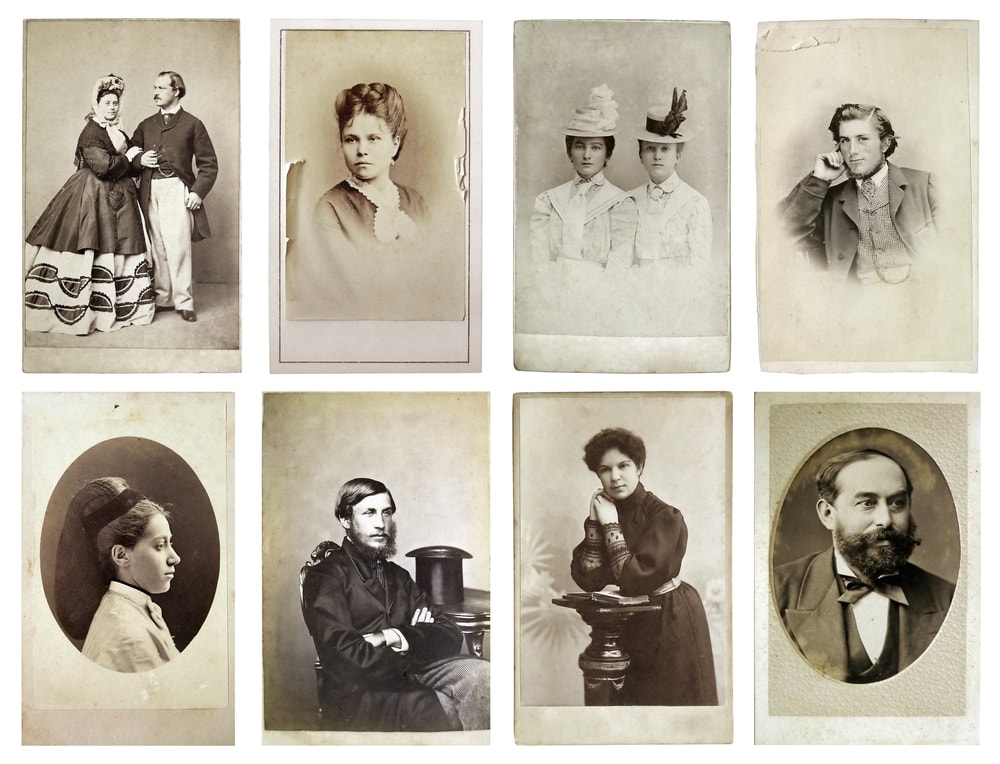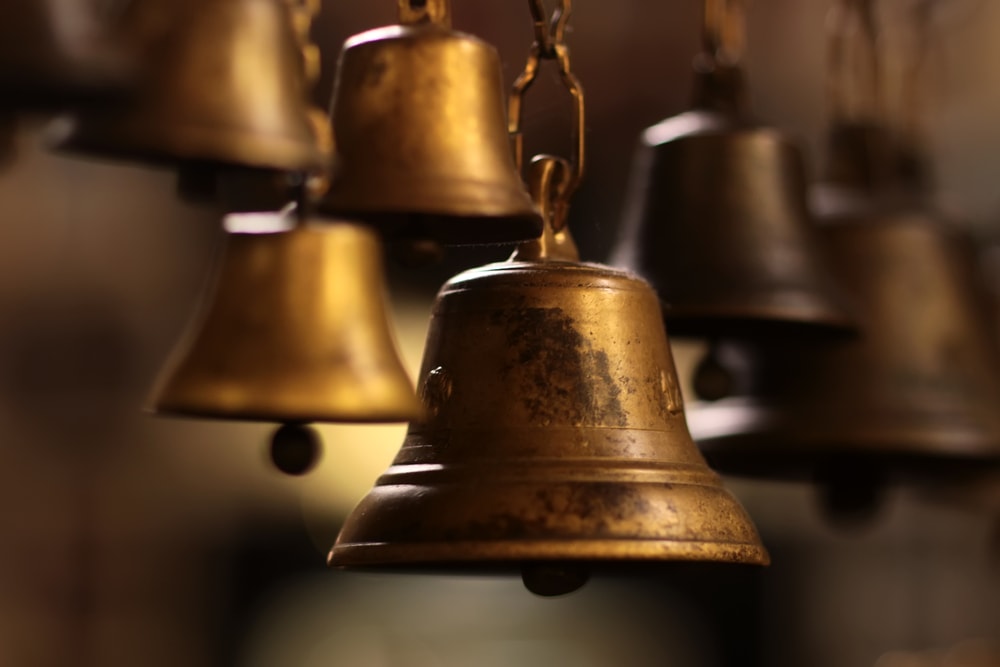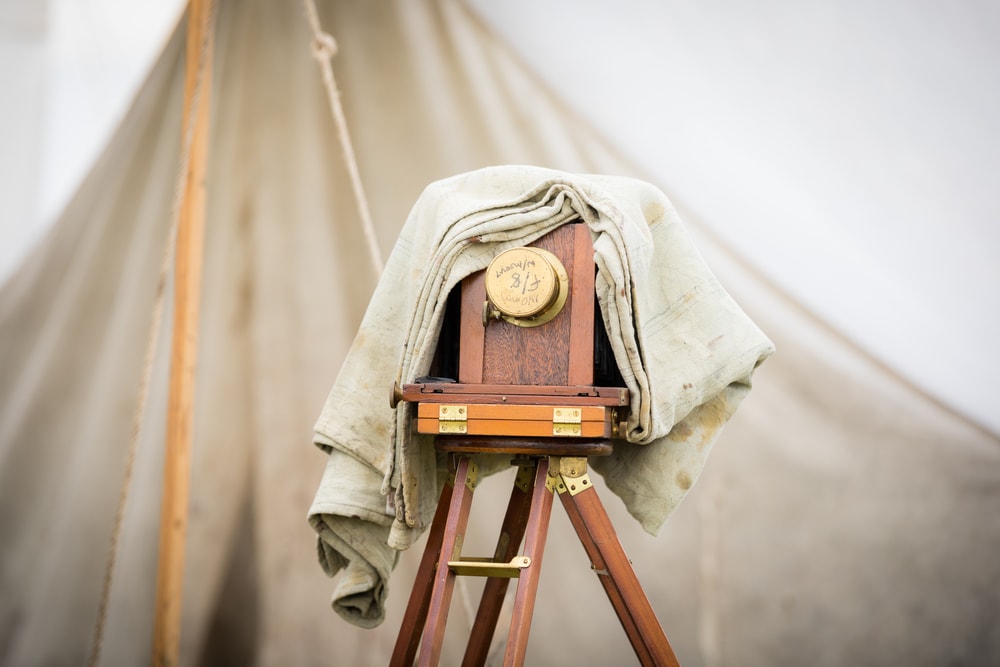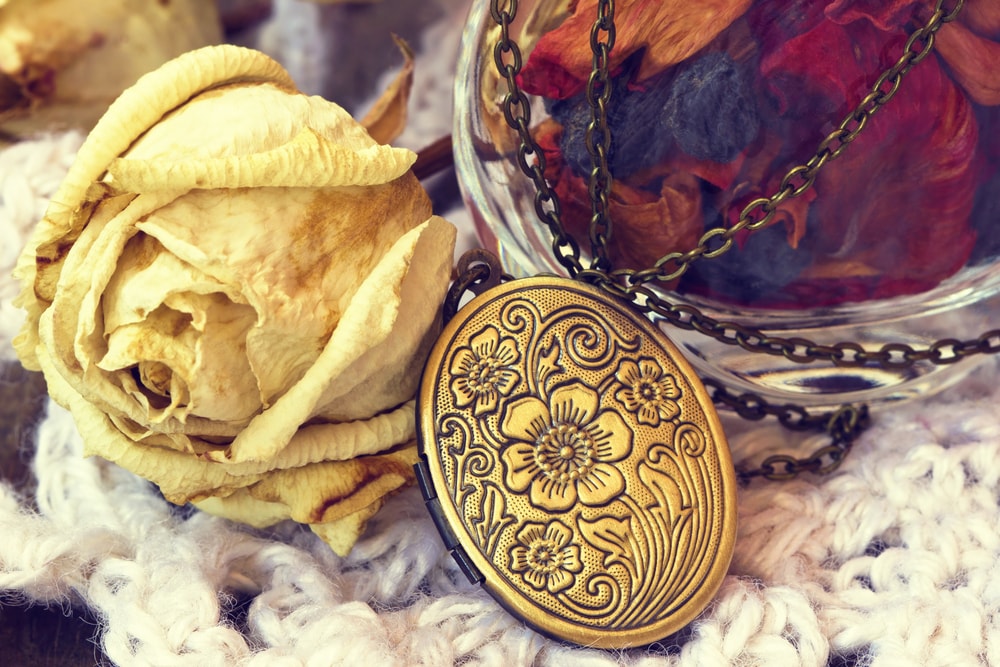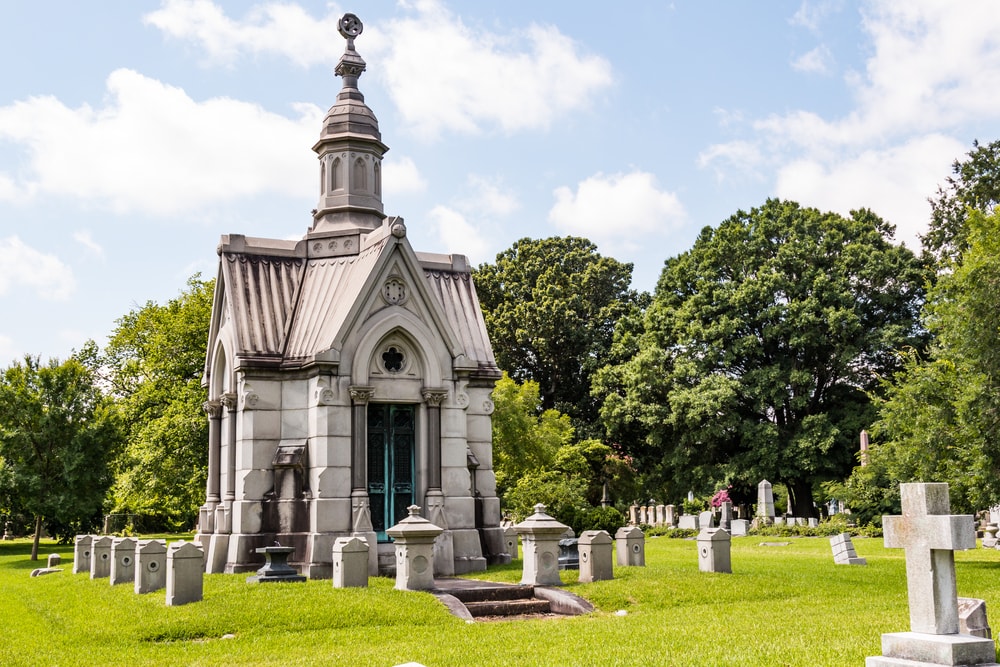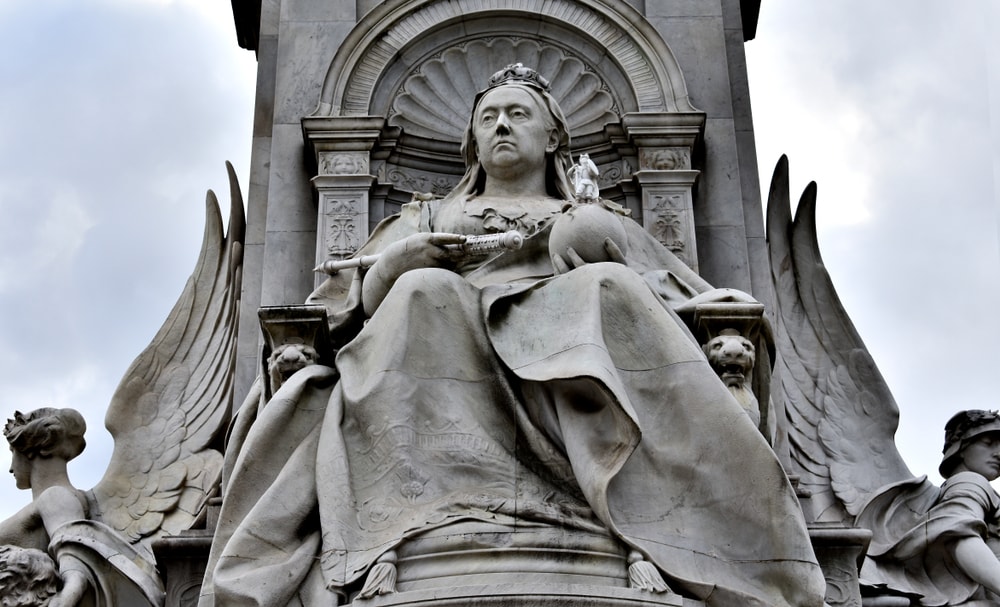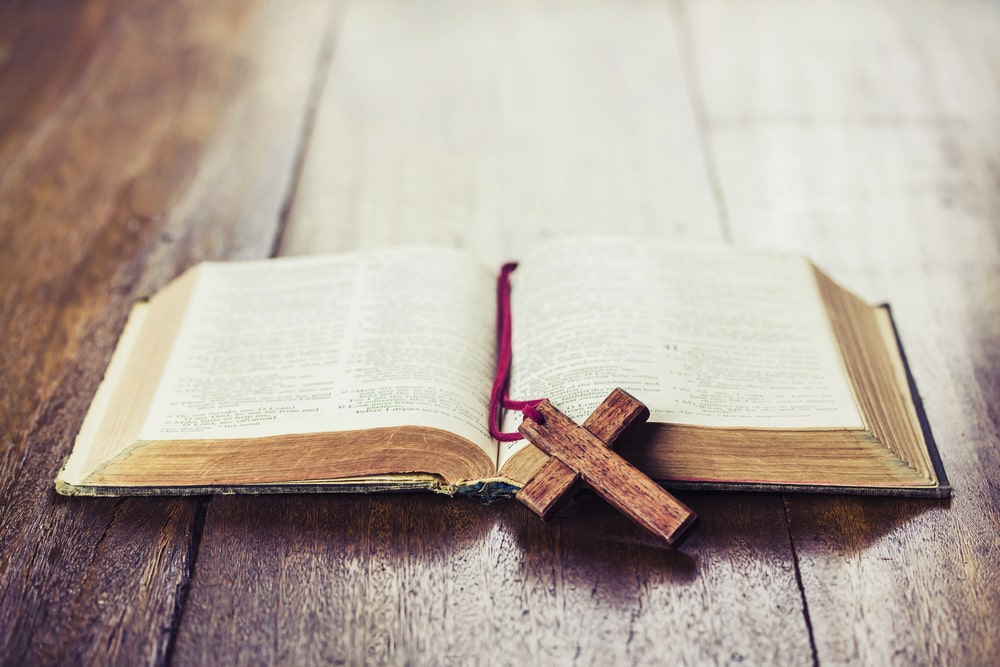
A Christian funeral service is not complete without a few readings from scripture. Readings can help mourners process the loss and find meaning in the midst of pain. Additionally, the Bible is full of verses that give hope to the hopeless, comfort to the grieving, and the promise of an eternal future with God at the end of life.

Personalizing the service with your loved one’s favorite verses or passages that bring hope can help you create a healing and meaningful service for all who attend. Now, let’s explore a few options.
Verses to Bring Comfort
When someone you love dies, you may experience a wide variety of emotions: sadness, anger, shock, denial, relief, and guilt, to name a few. In the midst of the emotional turmoil, words of comfort from the Bible can be exactly what you and other mourners need.
Matthew 11: 28-30
Come to me, all of you who are weary and carry heavy burdens, and I will give you rest. Take my yoke upon you. Let me teach you, because I am humble and gentle at heart, and you will find rest for your souls. For my yoke is easy to bear, and the burden I give you is light.
2 Corinthians 1:3-4
All praise to God, the Father of our Lord Jesus Christ. God is our merciful Father and the source of all comfort. He comforts us in all our troubles so that we can comfort others. When they are troubled, we will be able to give them the same comfort God has given us.
Psalm 23
The Lord is my shepherd; I have all that I need. He lets me rest in green meadows; leads me beside peaceful streams. He renews my strength. He guides me along right paths, bringing honor to his name. Even when I walk through the darkest valley, I will not be afraid, for you are close beside me. Your rod and your staff protect and comfort me. You prepare a feast for me in the presence of my enemies. You honor me by anointing my head with oil. My cup overflows with blessings. Surely your goodness and unfailing love will pursue me all the days of my life and I will live in the house of the Lord forever.
Matthew 5:4
Blessed are those who mourn, for they will be comforted.
Psalm 34:18
The Lord is close to the brokenhearted; he rescues those whose spirits are crushed.
Lamentations 3:22-26, 31-33
The faithful love of the Lord never ends! His mercies never cease. Great is his faithfulness; his mercies begin afresh each morning. I say to myself, “The Lord is my inheritance; therefore, I will hope in him! The Lord is good to those who depend on him, to those who search for him. So it is good to wait quietly for salvation from the Lord. For no one is abandoned by the Lord forever. Though he brings grief, he also shows compassion because of the greatness of his unfailing love. For he does not enjoy hurting people or causing them sorrow.
Verses to Remember God’s Promises
Remembering the promises God has made to his people can not only comfort mourners, but in many ways, it will also bring a renewed perspective of who God will be through this trial.
John 14:1-3
Don’t let your hearts be troubled. Trust in God, and trust also in me. There is more than enough room in my Father’s home. If this were not so, would I have told you that I am going to prepare a place for you? When everything is ready, I will come and get you, so that you will always be with me where I am.
Romans 8:35, 37-39
Can anything ever separate us from Christ’s love? Does it mean he no longer loves us if we have trouble or calamity, or are persecuted, or hungry, or destitute, or in danger, or threatened with death? No, despite all these things, overwhelming victory is ours through Christ, who loved us. And I am convinced that nothing can ever separate us from God’s love. Neither death nor life, neither angels nor demons, neither our fears for today nor our worries about tomorrow—not even the powers of hell can separate us from God’s love. No power in the sky above or in the earth below—indeed, nothing in all creation will ever be able to separate us from the love of God that is revealed in Christ Jesus our Lord.
Isaiah 41:10
So do not fear, for I am with you; do not be dismayed, for I am your God. I will strengthen you and help you; I will uphold you with my righteous right hand.
John 14:27
I am leaving you with a gift—peace of mind and heart. And the peace I give is a gift the world cannot give. So don’t be troubled or afraid.
Psalm 56:10-13
I praise God for what he has promised; yes, I praise the Lord for what he has promised. I trust in God, so why should I be afraid? What can mere mortals do to me? I will fulfill my vows to you, O God, and will offer a sacrifice of thanks for your help. For you have rescued me from death; you have kept my feet from slipping. So now I can walk in your presence, O God, in your life-giving light.
Verses of Hope for the Future
In addition to feeling God’s comfort and remembering His promises, the Bible gives hope for the future – an eternal life in God’s presence. Moreover, verses that talk about Christ’s sacrifice and his victory over death give comfort that earthly death is not the end. Jesus has conquered death, as have His children. Because of his sacrifice, there is hope. Hope for a future filled with God’s goodness. Hope for life with Him in heaven.
1 Corinthians 15:50-57
What I am saying, dear brothers and sisters, is that our physical bodies cannot inherit the Kingdom of God. These dying bodies cannot inherit what will last forever. But let me reveal to you a wonderful secret. We will not all die, but we will all be transformed! It will happen in a moment, in the blink of an eye, when the last trumpet is blown. For when the trumpet sounds, those who have died will be raised to live forever. And we who are living will also be transformed. For our dying bodies must be transformed into bodies that will never die; our mortal bodies must be transformed into immortal bodies. Then, when our dying bodies have been transformed into bodies that will never die, this Scripture will be fulfilled: “Death is swallowed up in victory. O death, where is your victory? O death, where is your sting?” For sin is the sting that results in death, and the law gives sin its power. But thank God! He gives us victory over sin and death through our Lord Jesus Christ.
John 11:25-26
Jesus told her, “I am the resurrection and the life. Anyone who believes in me will live, even after dying. Everyone who lives in me and believes in me will never ever die.
Job 19:25-27
But as for me, I know that my Redeemer lives, and he will stand upon the earth at last. And after my body has decayed, yet in my body I will see God! I will see him for myself. Yes, I will see him with my own eyes. I am overwhelmed at the thought!
Philippians 1:21-23
For to me, living means living for Christ, and dying is even better. But if I live, I can do more fruitful work for Christ. So I really don’t know which is better. I’m torn between two desires: I long to go and be with Christ, which would be far better for me.
*All Scripture references are from the New Living Translation of the Holy Bible.



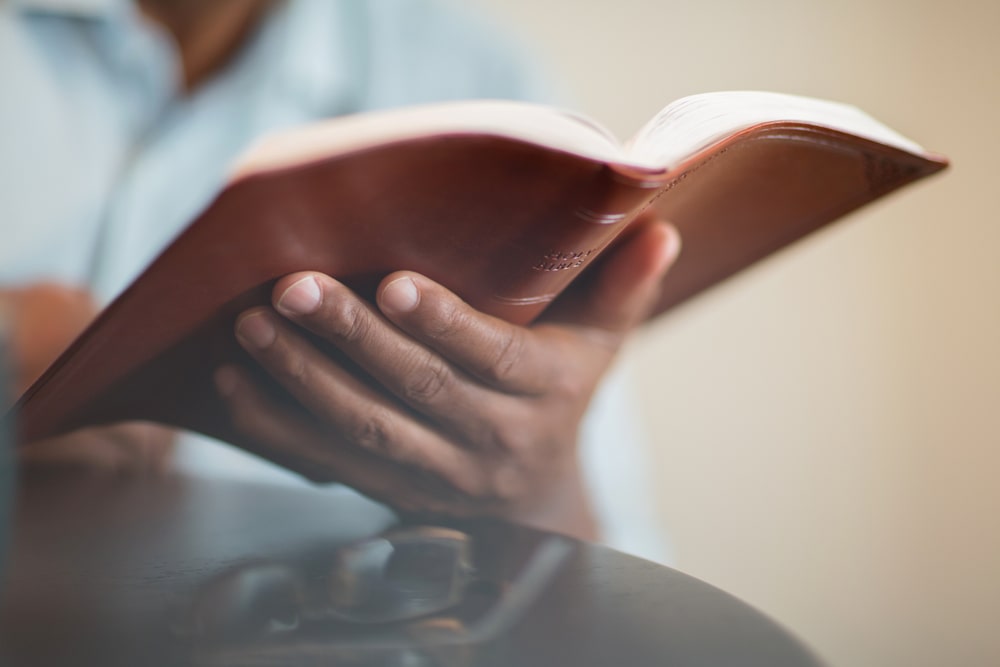
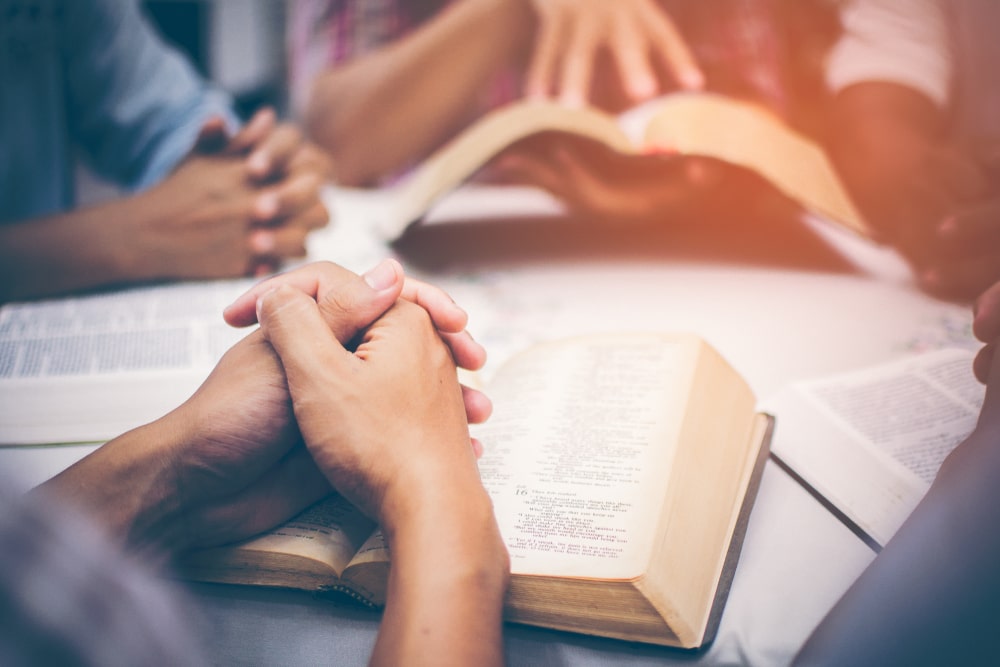
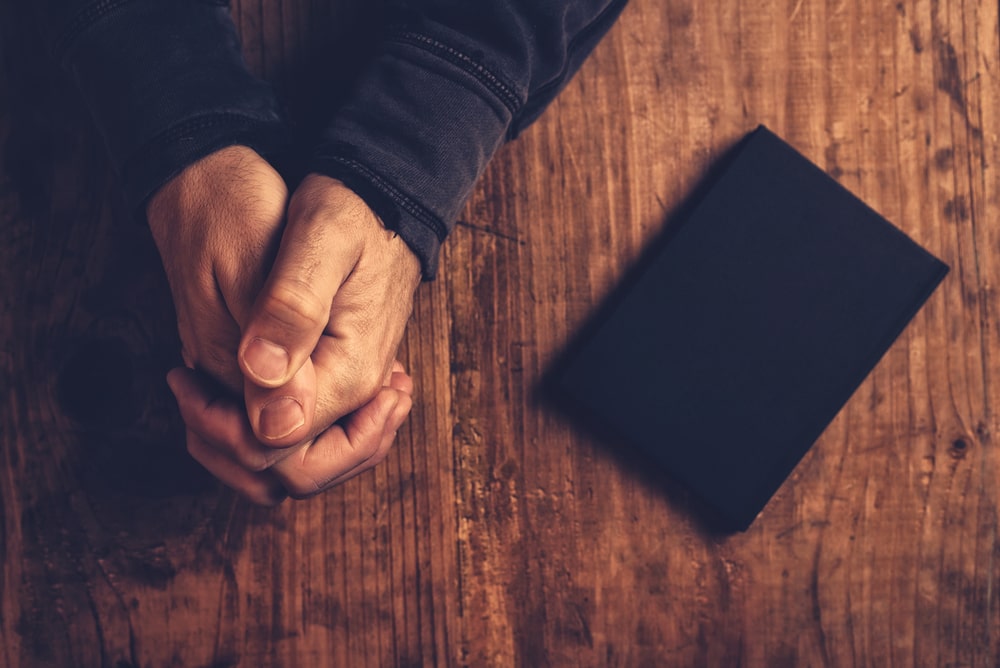
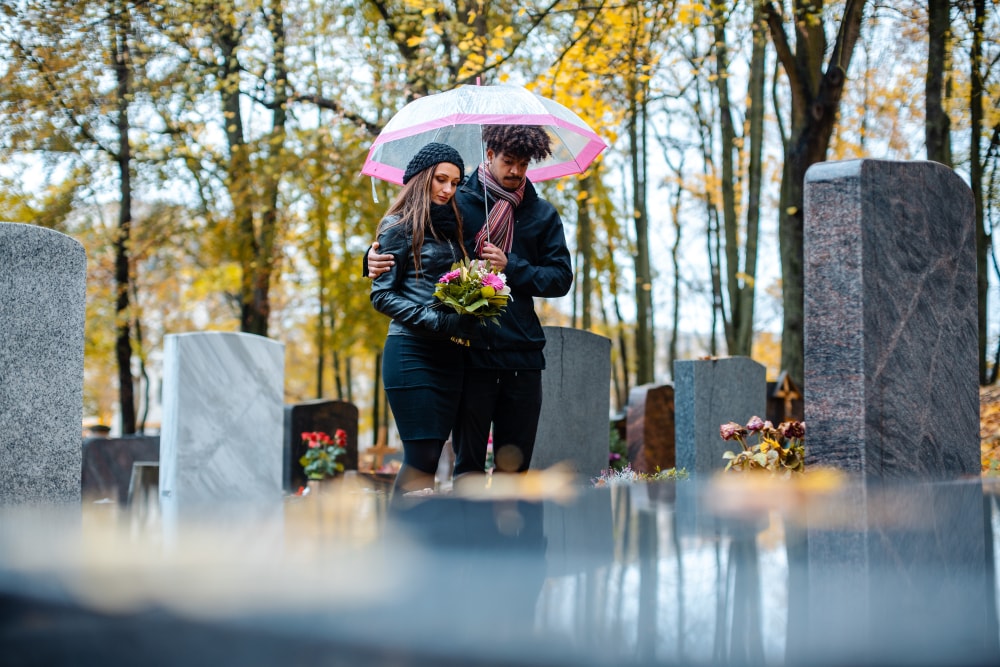
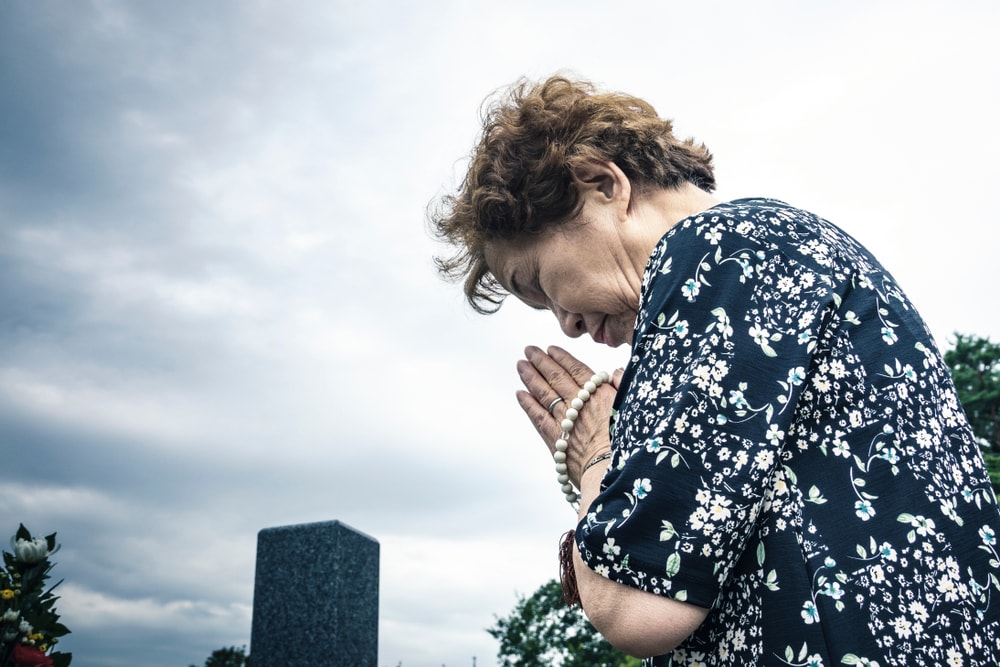
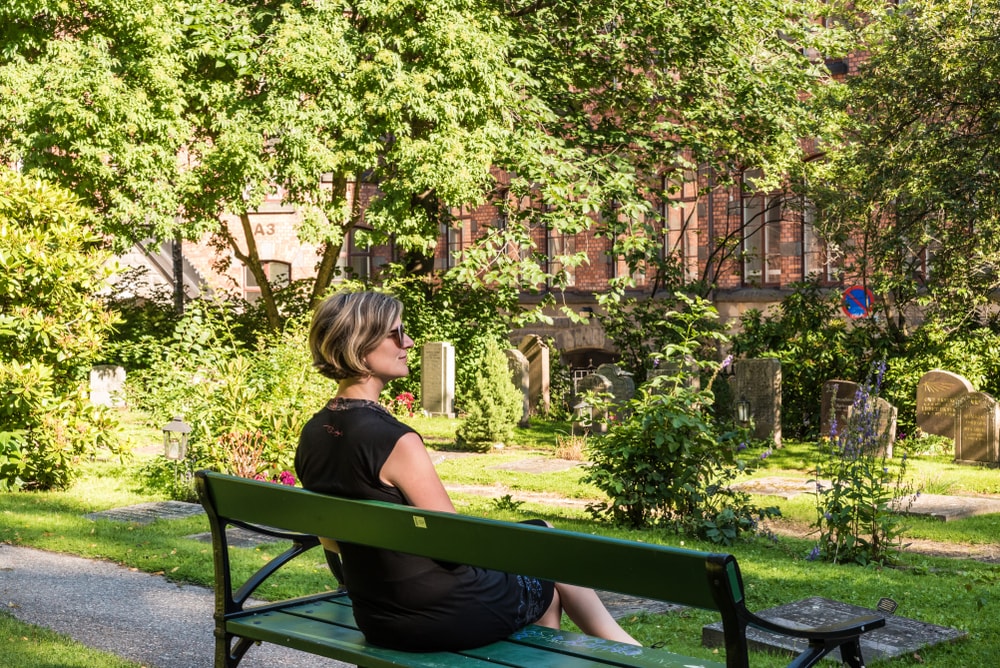
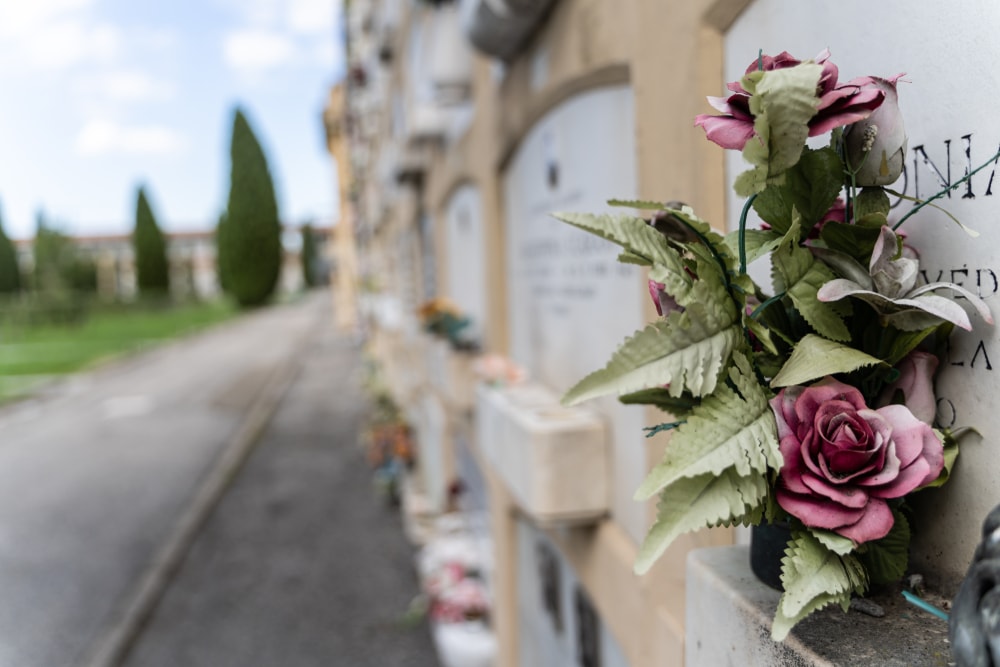
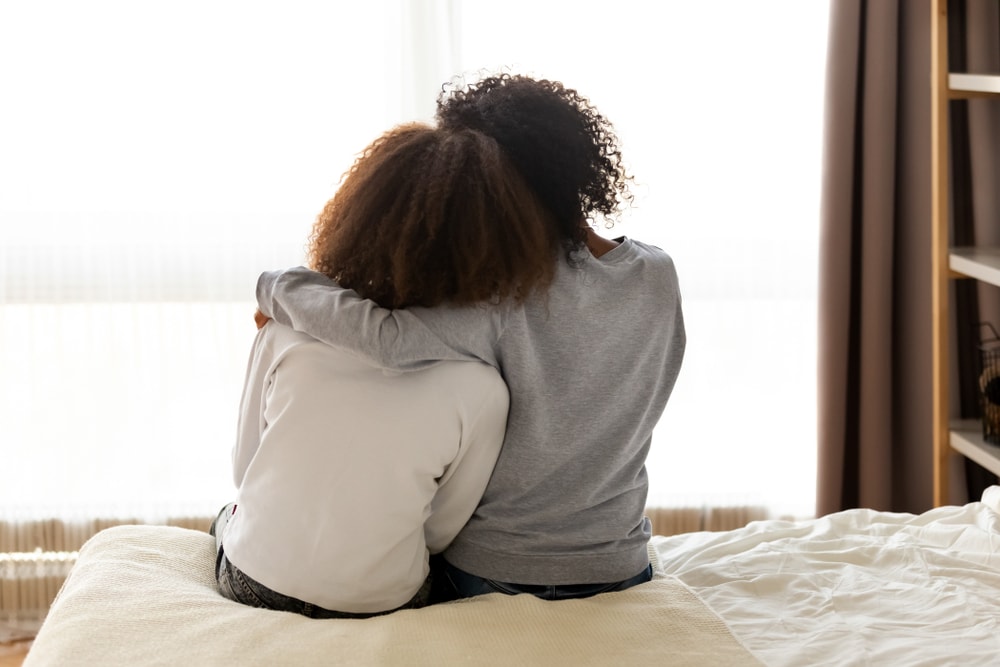
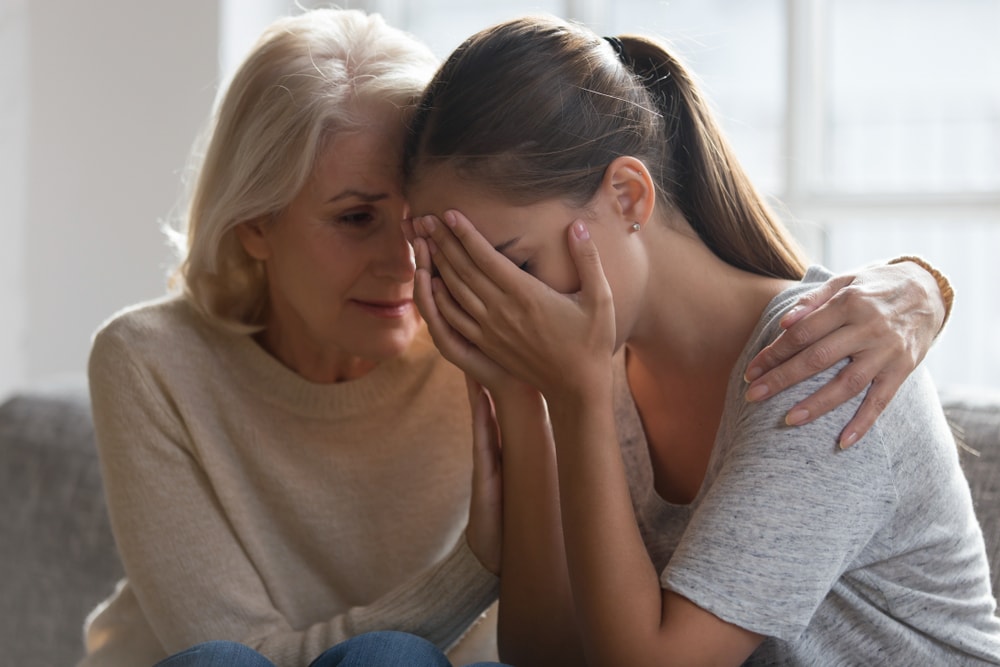









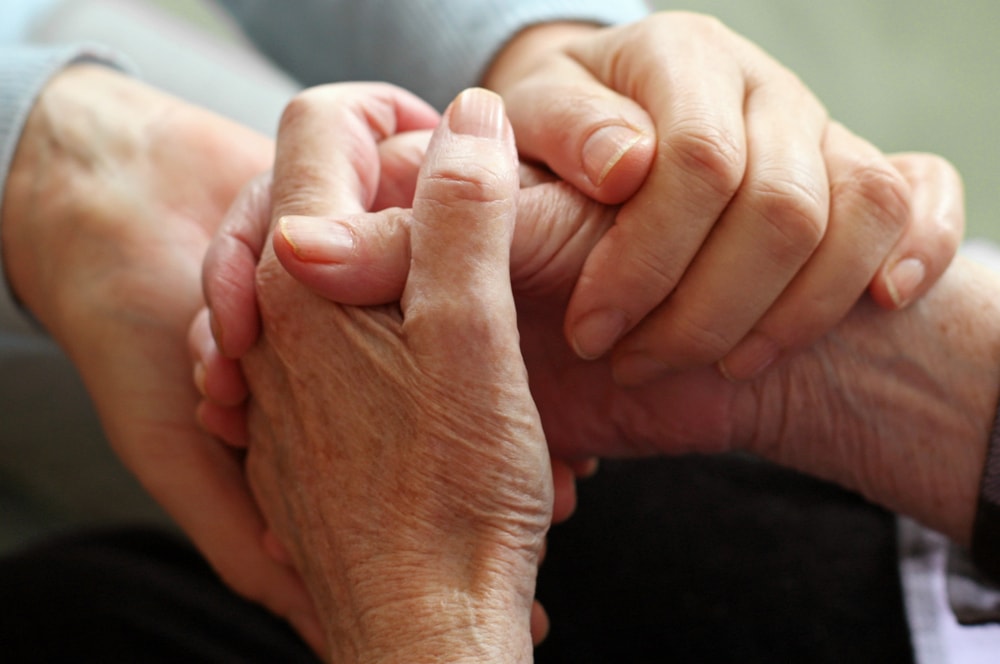
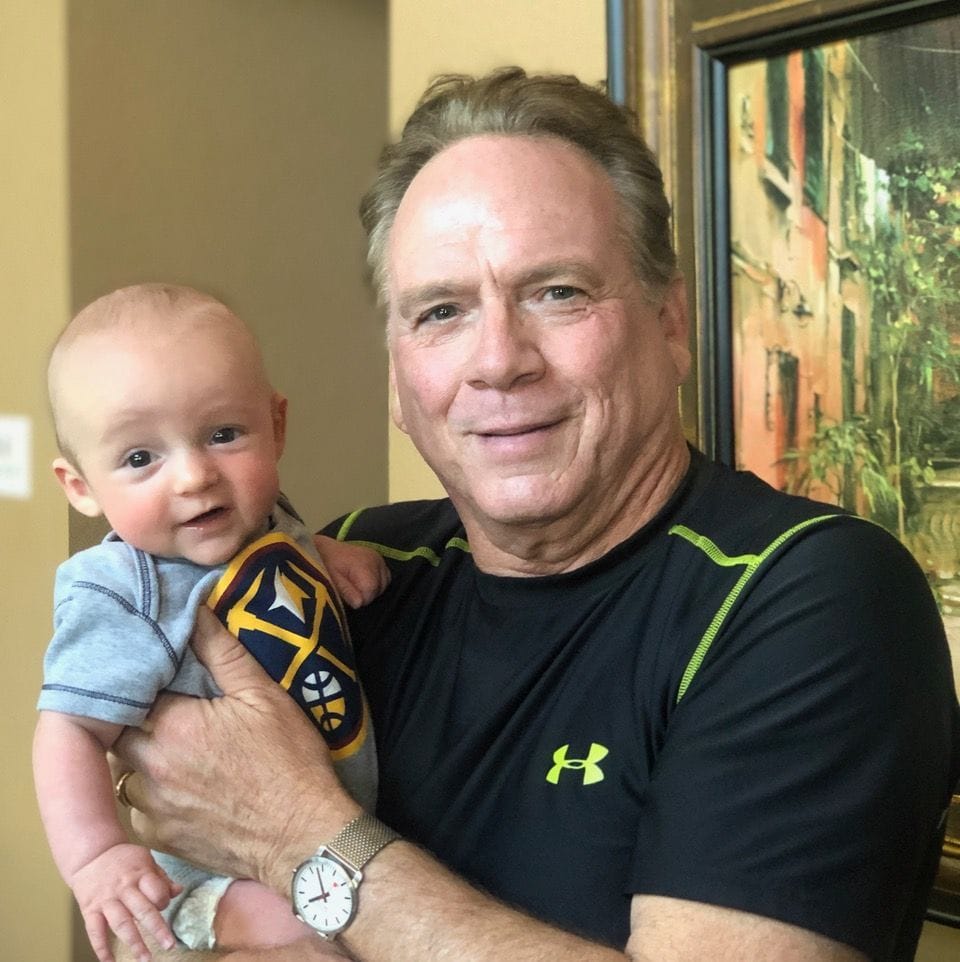
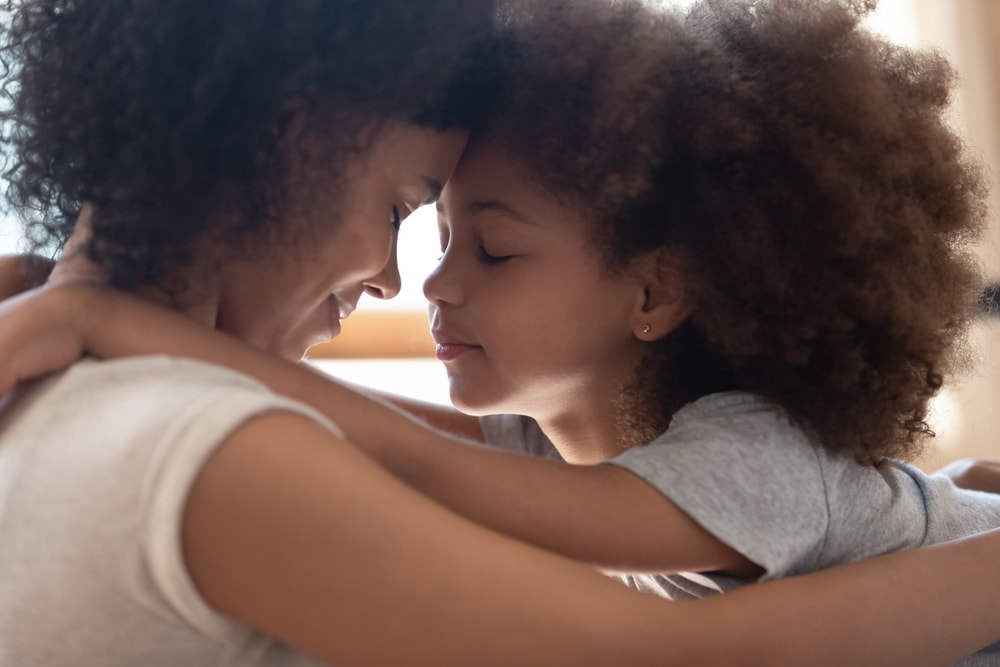 Tips for feeding your touch starvation
Tips for feeding your touch starvation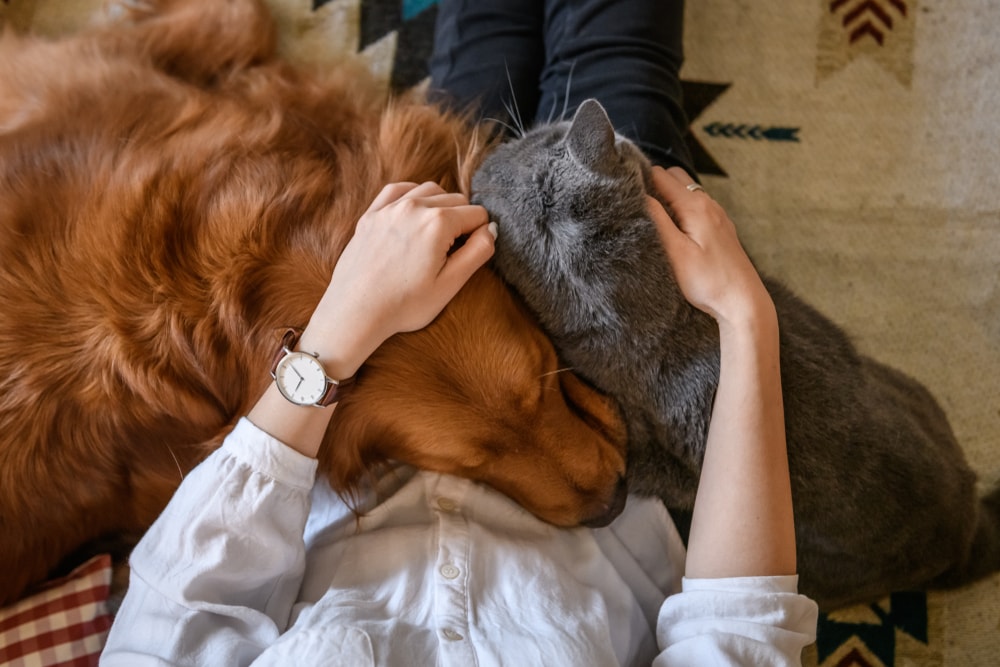
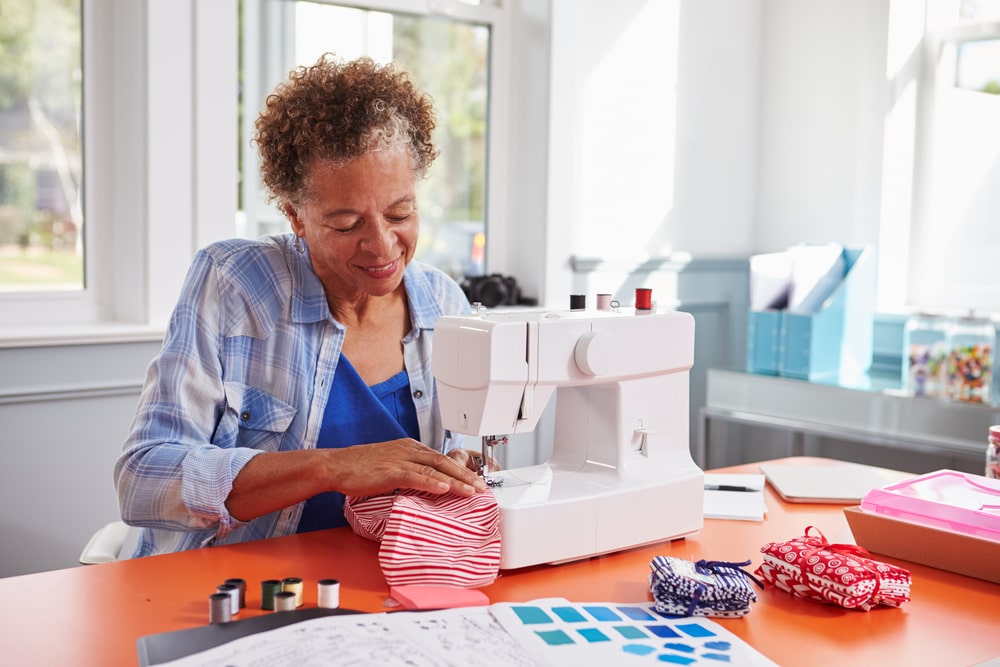





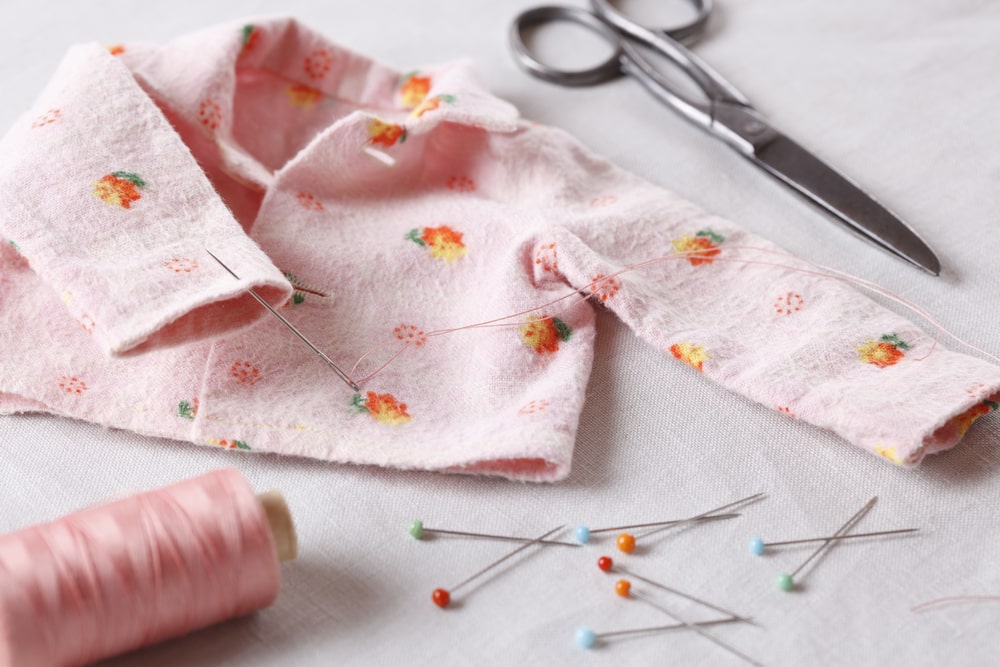



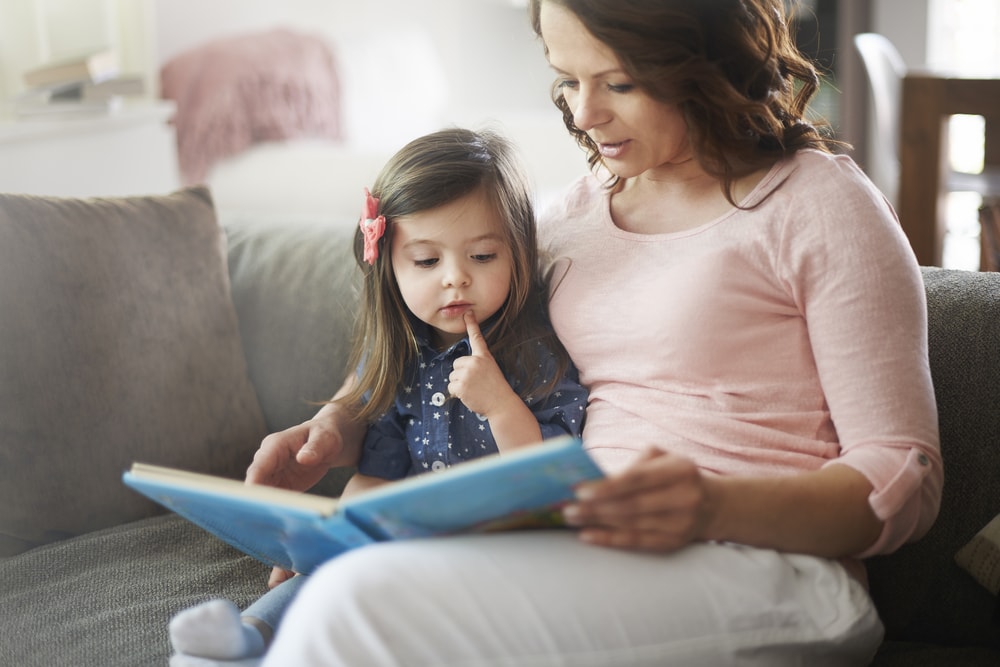
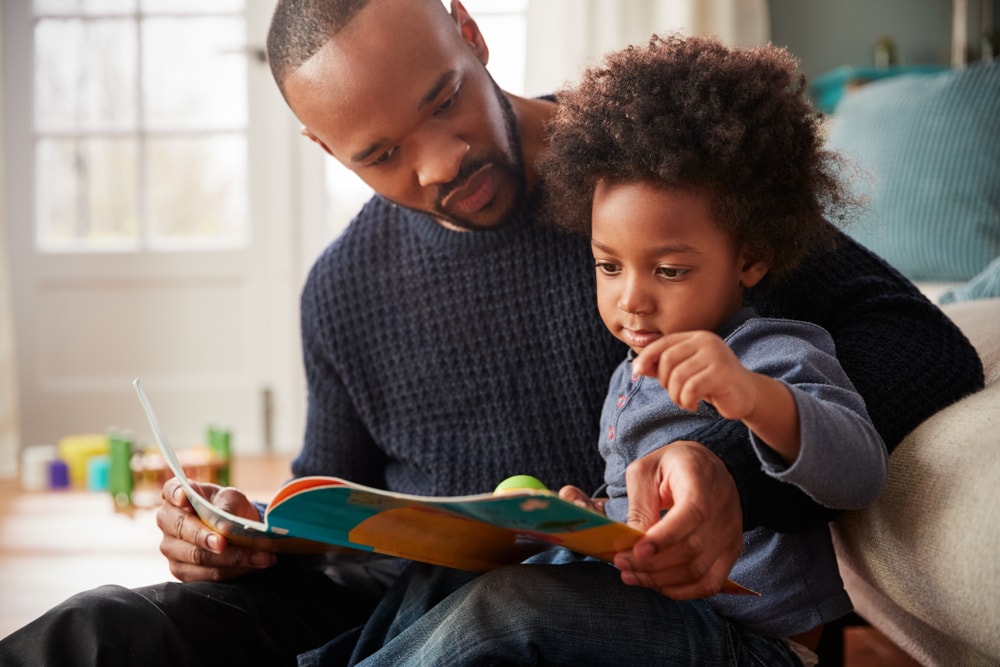 “Reading should not be presented to children as a chore or duty. It should be offered to them as a precious gift.” —Kate DiCamillo
“Reading should not be presented to children as a chore or duty. It should be offered to them as a precious gift.” —Kate DiCamillo


